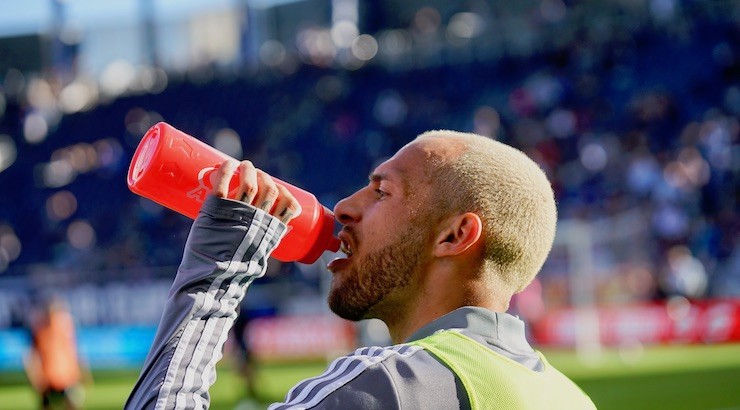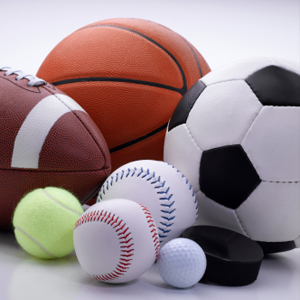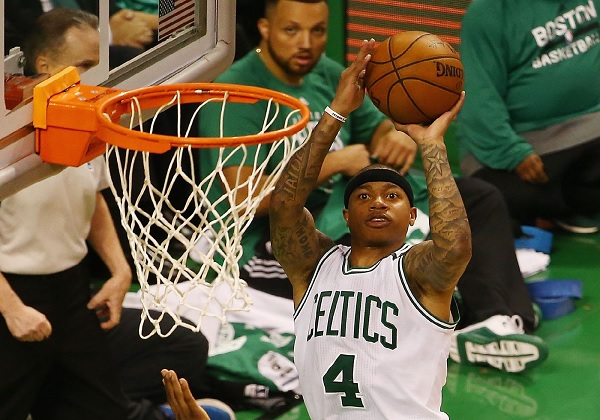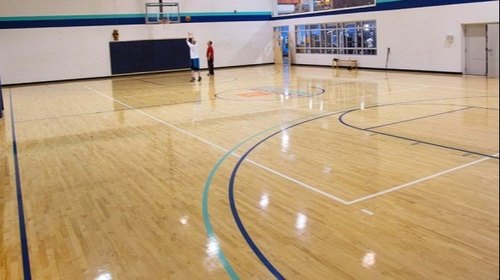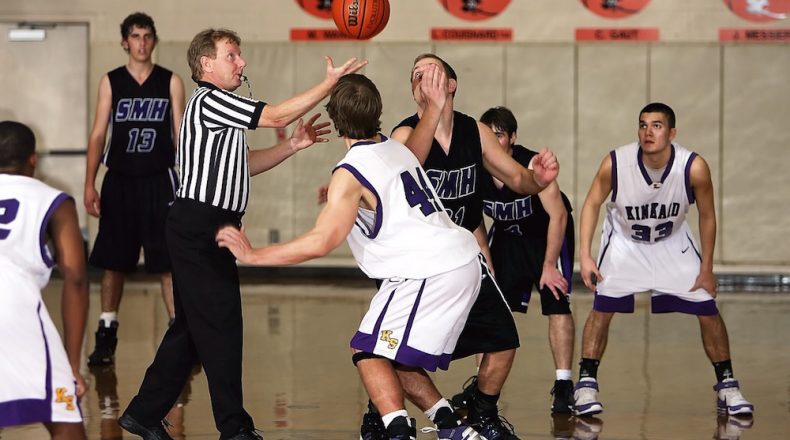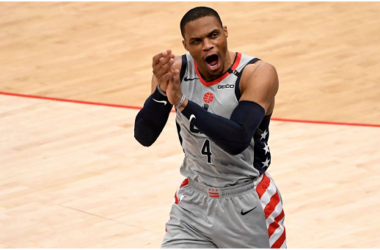Are energy drinks bad for football? An average footballer travels between 10.2 and 14 kilometers each game. You can expect a very demanding schedule if you play twice per week for nine months. Footballers will use every means possible to stay fit. Players do whatever it takes to stay ahead, whether they use ice baths or modern training. An energy drink is one example. It provides instant energy for players to get on with their game. However, what energy drink has the most caffeine content? Are energy drinks safe? What role do energy drinks play in football? Let us explore more.
What role does energy drinks play in football?
Energy drinks contain many ingredients that have not been thoroughly researched and should not be consumed regularly. Other ingredients can have a positive impact on performance, but only in small quantities. Caffeine, carbohydrates, electrolytes and water are the four primary ingredients used in a sports drink.
Sugars in energy drinks
Sugars are one of the most important ingredients in energy drinks for football. Complex carbohydrates take longer to digest and can be a source for energy for athletes. They are great for weight loss, but they might not be suitable for football players.
Sugar and Carbohydrate intake
Simple carbohydrates are quick to digest and can be stored in our muscles for use during intense exercise. This rapid digestion can be harmful to our bodies during weight loss, as the sugars are converted into fat. However, simple carbohydrates should be consumed if you have an activity that can burn them.
Caffeine content
Caution is advised when using energy drinks rich in caffeine content. Research has shown that caffeine-containing energy drinks used in football have their benefits. These energy drinks have been shown to improve athletic performance by increasing jumping ability and running distance.
Electrolytes
All kinds of weather can be a problem for footballers, whether it is hot or cold. Excessive sweating during soccer games is a common situation. Some essential salts and electrolytes, as well as water, are lost through sweat. These electrolyte-rich energy drinks are what footballers use to combat this loss.
The main electrolyte is sodium. Research has shown that energy drinks with electrolytes supplementation can improve performance in games, just as with caffeine intake. These metrics do not indicate an improvement in pitch performance but are indirect indicators of it. It is also crucial to maintain daily caffeine intake so as not to welcome any stomach related diseases.


